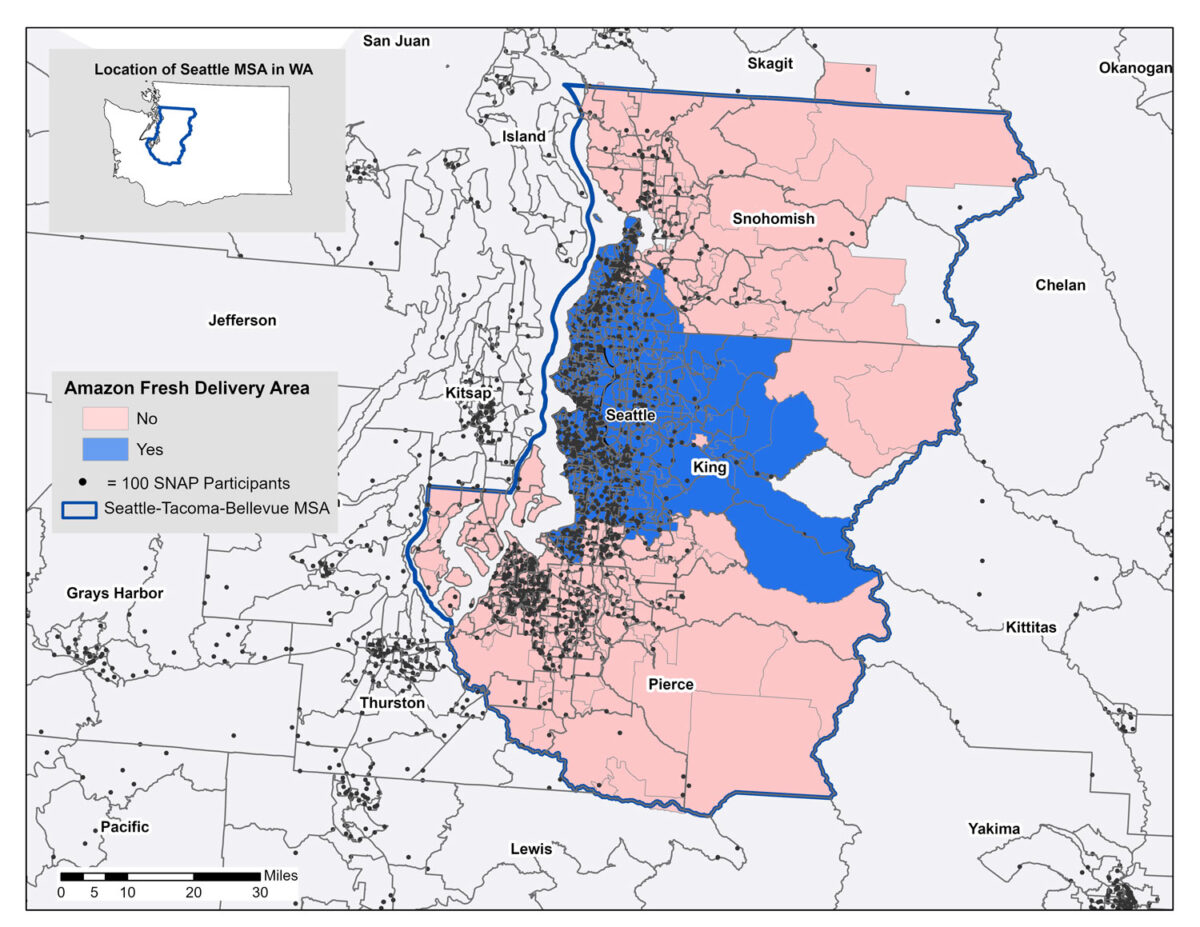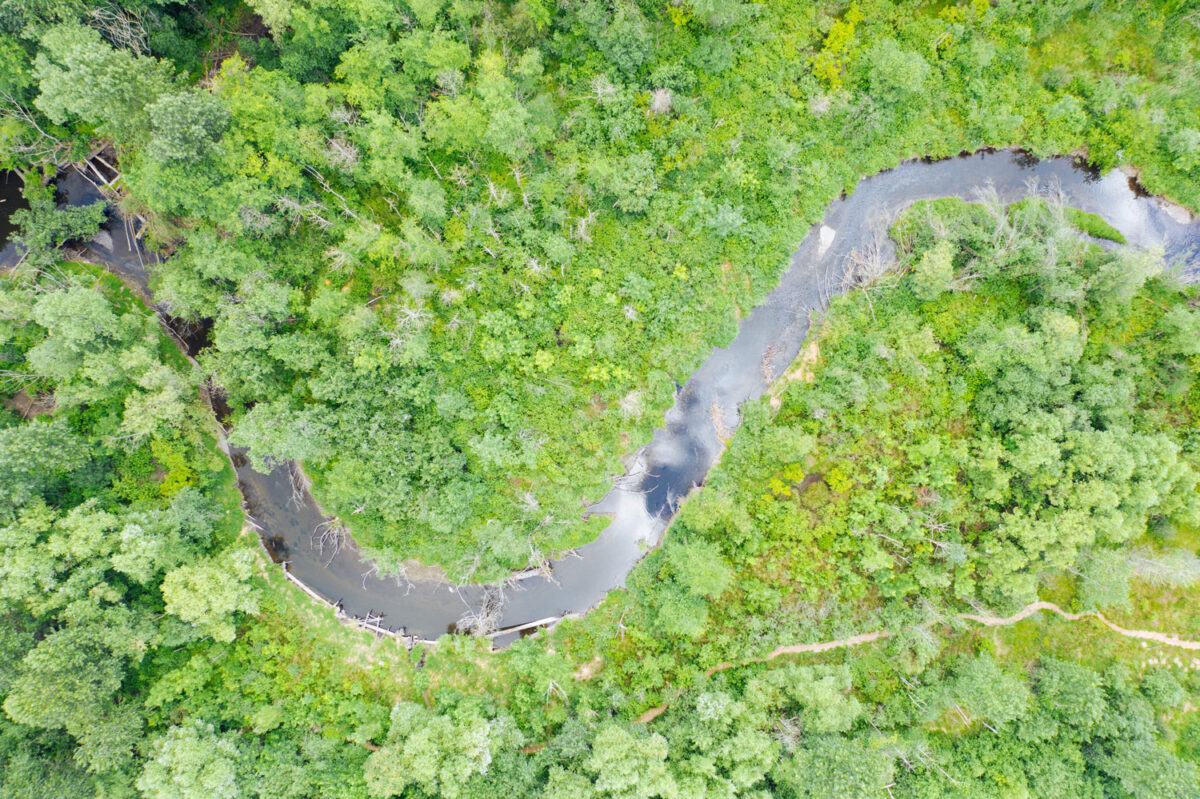

By Douglas Esser
University of Washington Bothell’s Digital Future Lab champions an environment students and staff refer to as "radical diversity”– bringing more women and people of color into computing as well as welcoming students outside the typical software majors and personalities.
In the interactive media studio, students learn computer and business skills while creating video games – real, complicated, professionally produced games.
“The games are just the sandbox,” says Jason Pace, executive director of the lab. It’s the people and the way they play in the sandbox that’s significant.
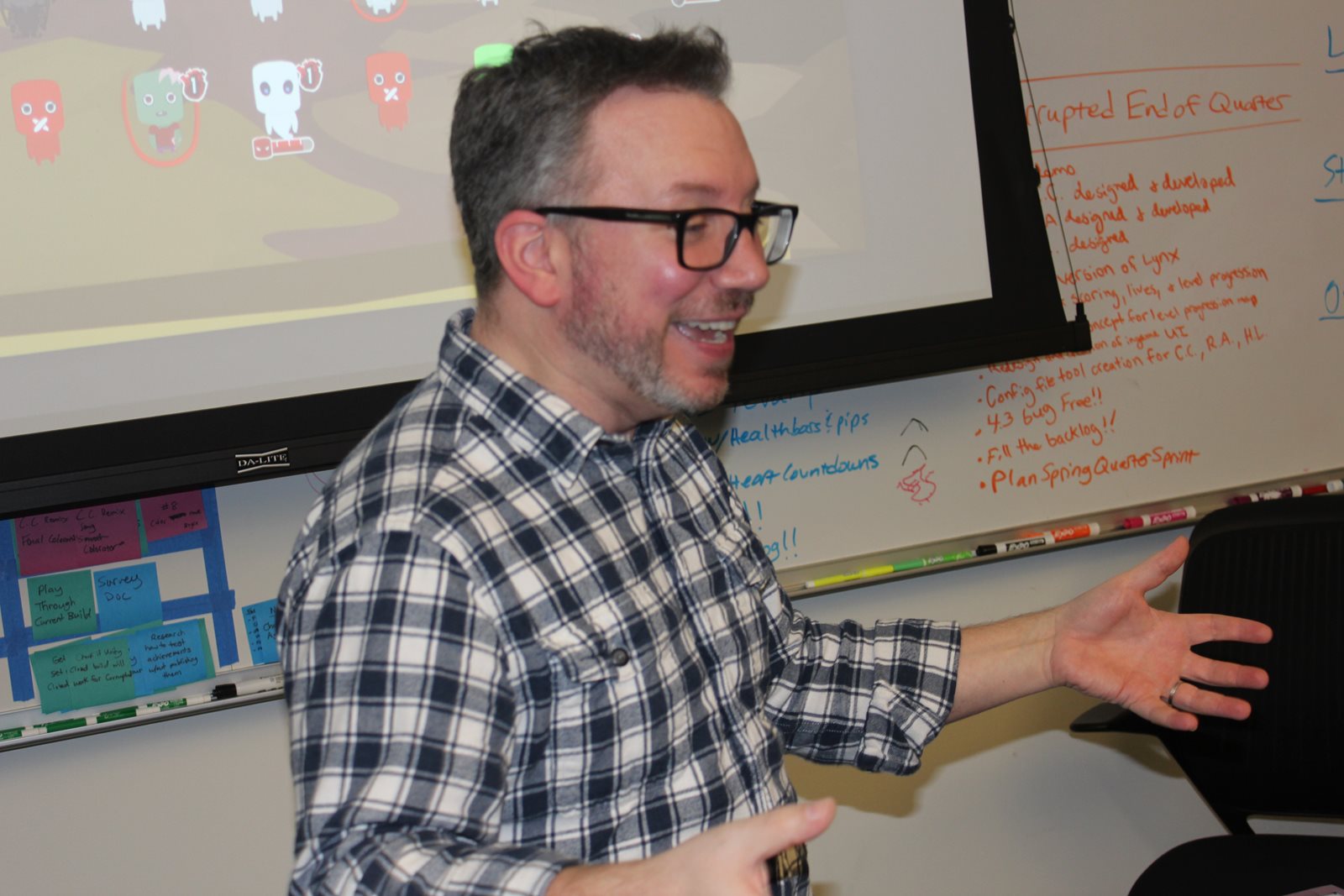
Pace founded the Digital Future Lab in 2012, following 15 years at Microsoft where he was a creative director and lead producer for the Halo franchise on Xbox. He’s an artist who’s passionate about bringing a diversity of thought to game development.
“What that boils down to is when we talk about diversity it's not just about these external markers like, ‘I need more women in my company’ or ‘I need more people of color,' although those notions of diversity are, of course, incredibly important," Pace said. “True diversity also includes making space for different kinds of thinkers, and that means valuing different backgrounds and points of view. When you intentionally recruit to maximize difference, that's when the creative process becomes really interesting.”
Along with musicians and artists, the neurodiversity mix may include people with special traits – who are empathetic, loving or kind to animals – and people with conditions on the autistic spectrum or even battling depression.
“We pull in different kinds of people from campus,” says Aina Braxton, the lab’s program coordinator. She’s a 2012 UW Bothell graduate with a B.A. in Law, Economics, and Public Policy and a minor in Human Rights.
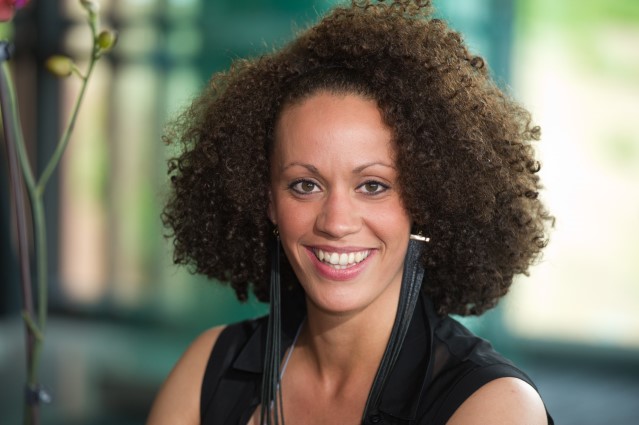
With the presence of a performance artist who has participated in the Northwest Folklife Festival and the Fremont Street Fair Parade, Braxton blends art and technology into an instrument for education and social justice.
Focusing on relationships, learning as a team, taking artistic risks, how does the lab ever produce anything?
That’s the magic, says Pace, a fast-talking, hand-waving tech enthusiast who obviously enjoys bantering with students.
Embracing neurodiversity produces better results than homogenized thinking, he says. And, graduates are welcomed into jobs because they are well-trained to work in teams, manage workflow and express themselves to colleagues, Braxton adds.
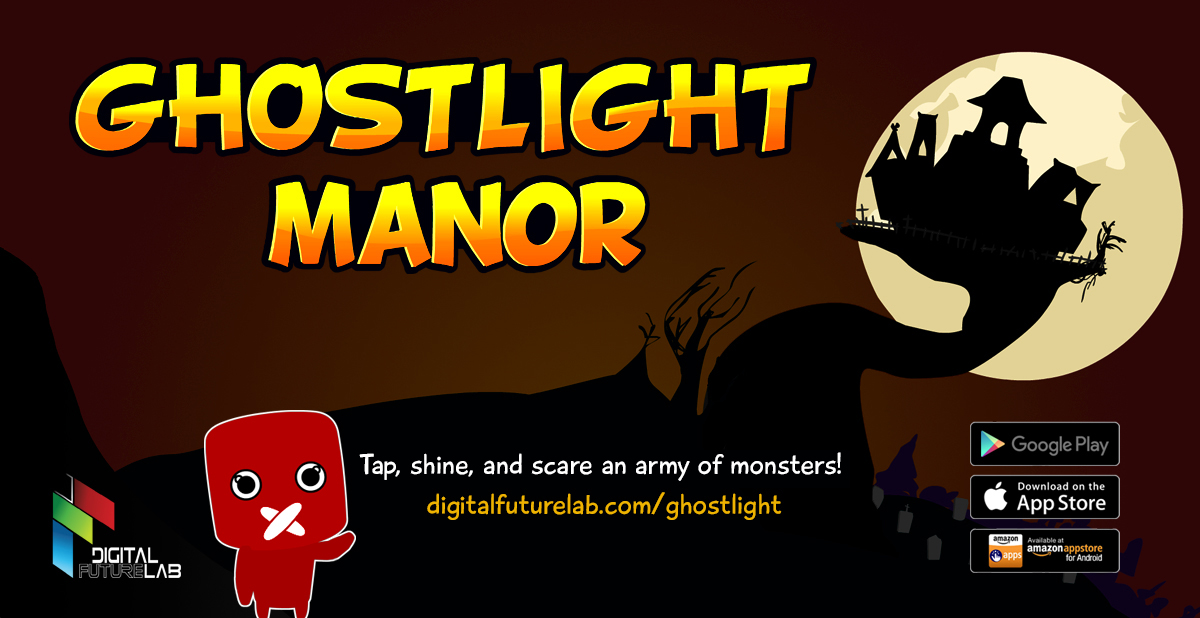
The lab rolled out its first game in 2015 – just in time for Halloween. Ghostlight Manor is an all-age puzzle game featuring a cast of monsters on 51 levels. Initially designed for mobile devices, the computer version will be available for UW Bothell students to test this spring.
Two more games are in the pipeline. Corrupted, due out in November, is set aboard a spaceship where the robot crew has gone haywire. Voyage is about an alien race that has to flee their planet when the sun starts burning too hot.
"Think of the DFL as a place where we push back quite hard against the traditional notion that you must leave your personal life at the door and focus on productivity over personal relationships in business in order to succeed," Pace said. "We prioritize relationships over transactions, sharing our hopes and dreams and worries with each other, and our productivity as a studio has actually increased as a result."
